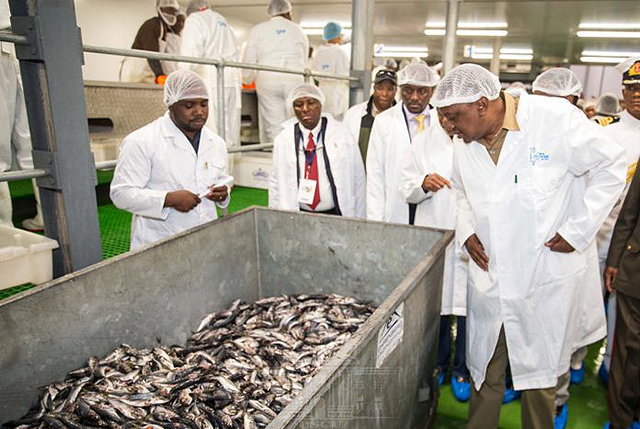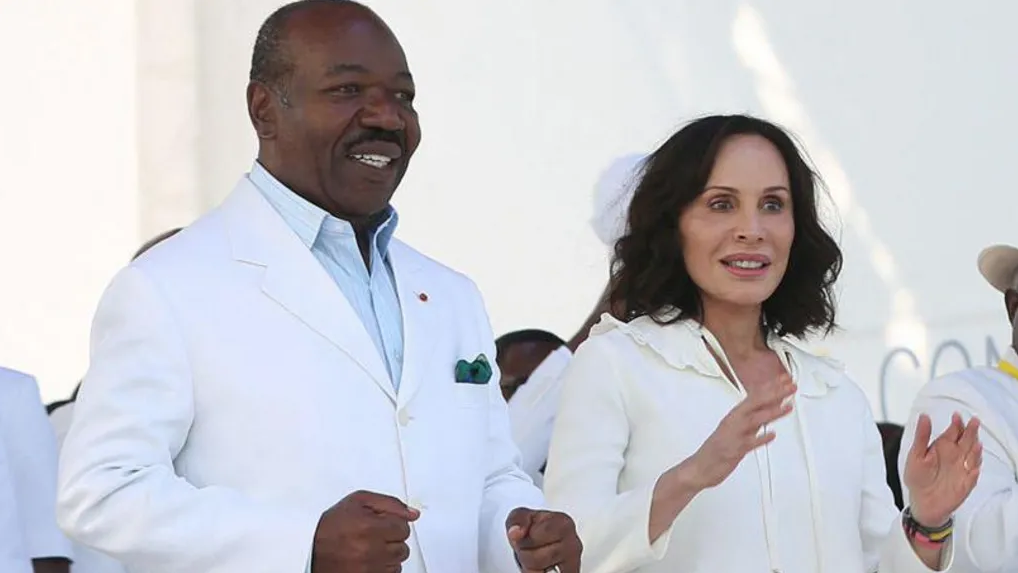THE government has been advised to urgently impose a moratorium on the allocation of fishing rights and quotas and introduce a more transparent process to benefit the country.
This was one of the 10 recommendations made by the high-level panel on economic growth in its final report released yesterday.
The ban on allocating fishing rights and mining licences to new applicants should be imposed for at least a year to allow the government to introduce a more transparent processes.
This ban should also be extended to the process used for allocating tourism concessions, the panel recommended.
The high-level panel was appointed by president Hage Geingob to help the government address economic challenges facing the nation.
The panel was given a mandate to formulate plans on how the government can address inequality, poverty and the sluggish economic growth, and attract investment in the country.
The panel recommended that the government must urgently suspend all systems used to allocate rights to individuals and companies to utilise or harvest various natural resources because the current processes were not beneficial to the country, including minerals and fisheries resources among others.
“Allocating fishing rights and quotas for free to a few individuals without vessels and who just sell it off, is highly questionable. Benefits from these rights and quotas should be distributed for the good of all Namibians,” the report reads.
The government introduced the fishing rights and quota system to empower Namibians by giving them licences to harvest fish every year for close to nothing.
This system that has been designed to promote the ‘Namibianisation’ agenda is similar to that applied in the mining sector.
Although the fishing and mining quota systems are regarded as empowerment mechanisms, the systems have been widely criticised by the public for only benefiting a select few well-connected and well-off individuals who don’t give anything to the state.
The Namibian has reported in the past that politicians and well-connected individuals have used poor communities as fronts for their companies to get fishing quotas, and then cheat these fronts of the benefits afterwards.
One of the proposals to improve the allocation of rights to natural resources is the open bidding process to allocate resources “to those who can use them most valuably”.
The panel recommended that instead of relying on the government to assess the merits of competing firms’ business plans, an open bidding process should rather be used to select those who qualify for the rights.
“An open bidding process is transparent, and gives rise to less political controversy when compared to other allocation mechanisms,” the panel report reads.
The panel further recommended that using an open bidding process, the government could raise significant amounts of money, which at the moment only goes to a few individuals “and thus exacerbate inequality in the country”.
The panel estimated the money made by individuals who sell their fishing quotas at about N$1 billion per year.
The government can then use part of the funds collected from these open bidding processes for the establishment of a sustainable and stable income for future generations, the panel recommends.
The panel also proposed the formation of two state-owned Sovereign Wealth Funds: the National Reserve Fund and the National Welfare Fund.
The reserve fund is to be a vehicle for the intergenerational transfer of funds and using the current proceeds from limited non-renewable natural resources.
The National Welfare Fund could be used to fund socio-economic projects countrywide.
“The proceeds from natural resources (which are currently received by individuals) should be utilised to fund the establishment of a Sovereign Wealth Fund,” the panel said.
The establishment of Sovereign Wealth Funds is meant to turn current and future earnings from natural resources into sustainable and stable income for future generations.
The proposal is similar to Botswana’s Pula Fund.
“Named after the Setswana word for rain, the fund was set up in 1994 to accumulate the arid country’s earnings from the sales of diamonds, of which it is the world’s largest producer after Russia,” businesses online website Bloomberg reported last year.
The panel, however, noted that the government has discretion to implement the recommendations.
Asked how they will monitor the implementation of the recommendations, he said unfortunately their one-year term is ending this month and they will not be able to monitor the recommendations.
Mungunda recommended that the government can follow last year’s monitoring process of having a committee that various stakeholders report to on the progress made on the recommendations.
Stay informed with The Namibian – your source for credible journalism. Get in-depth reporting and opinions for
only N$85 a month. Invest in journalism, invest in democracy –
Subscribe Now!






